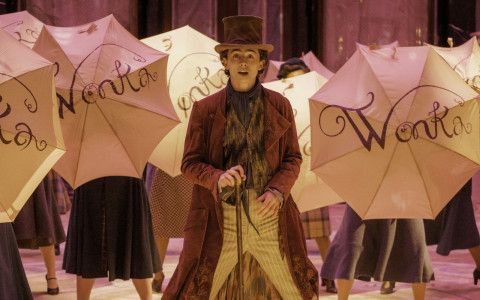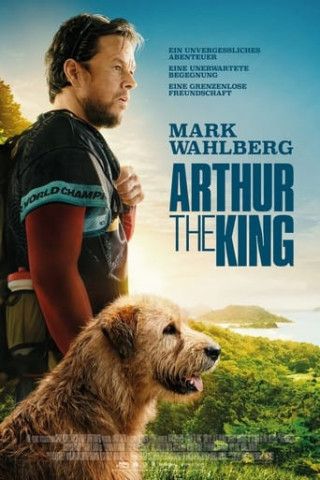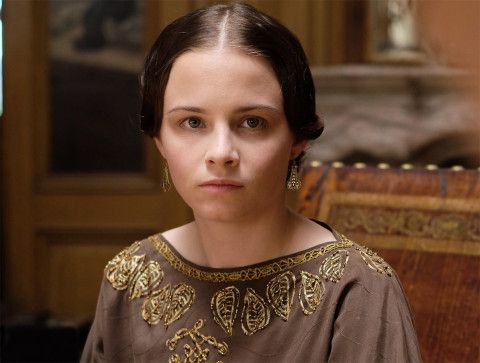Wild Isles
Natur + Reisen, Tiere •
08.09.2024 • 18:35 - 19:35
Originaltitel
Wild Isles
Produktionsland
GB
Produktionsdatum
2023
Natur + Reisen, Tiere
Sir David Attenborough explores the incredible diversity of Britain's woodlands, taking us on a seasonal journey through our forests, and revealing a host of spectacular animals and the hidden dramas that rule their lives. In an ancient pine tree in the Cairngorms, two eagle chicks are on the verge of fledging their gargantuan nest. Well-fed and thriving, this forest-edge territory is clearly a good one - and shows how productive our forests can be away from human influence. Down south, our seasonal journey starts in the Forest of Dean. It's deep winter, and with snow blanketing the ground, a robin has a problem - it can't access the worms that are hidden underground. But help is at hand. The reintroduction of wild boar has given the robin a lifeline. As they root through the thick snow, they unearth the worms with their snouts. It's an ancient woodland relationship, only recently restored in parts of the British Isles. As the snow recedes, a succession of flowers emerge. All of them need to spread their pollen, and most spectacular of all is the mass explosion from yew trees in Kingly Vale - the landscape seemingly on fire, with smoke-like clouds of pollen in the air. Back in Scotland, a male capercaillie displays to gathering females. Soon, a challenger approaches, and an unholy battle breaks out for supremacy in the pine woods. But these birds are on the edge. With only around 500 left, these are some of the rarest and most threatened in the British Isles. In a beech woodland outside London, the deciduous trees burst to life in spring, and a tiny forest resident awakens too - the wood ant. They live in huge colonies and have a huge effect on the woodland due to their relentless search for food. Also looking for food is a female roe deer, and for good reason - she has twin fawns hidden nearby. With no large predators left in our woods, the deer also affect the forest, browsing on so much new growth that they can damage the woodland itself. In Sussex, there is an ancient-looking landscape, but one that has only been recreated in the past 20 years. This is the wood pasture of Knepp - created by using old grazing methods that generate a mix of scrub, open areas and ancient trees. At the top of one is a royal butterfly - the purple emperor - and in striking, tree-top battles, the males fight for the best perches. In midsummer, a much slimier creature emerges in our temperate rainforests at night. It's an ash-black slug, the largest slug in the world, and its arresting and unusual mating mechanism needs to be seen to be believed. Meanwhile, another canopy specialist, the red squirrel, needs to feed up, and in the Highlands a male and female battle it out for access to ripe pine cones at the top of a tree. It's an acrobatic and energetic encounter, with more than a little cunning required to win the day. As the summer finally fades, we encounter a honey buzzard nest and watch as two chicks feast up on wasp grubs, squabble between themselves and grow up before our eyes. Autumn brings the fallow deer rut. The woods resonate with their calls and bucks fight for supremacy in heavy clashes. The does watch on, ready to choose their mate from amongst the antagonists. The season also brings colour, both in the leaves but also in the fungi which fruit at this time of year. The mushrooms are just a tiny part of their story however, and we travel underground to see how the "wood-wide web" connects the whole forest together. Our seasonal journey ends where it began - in deep winter. In a plantation on Bodmin Moor, hundreds of thousands of starlings gather to roost, and using new technology, we watch the murmurations like never before, revealing sinister events after the sun has set. Britain's woodlands are magical and mystical places, but as one of the least-forested countries in Europe, they are also under threat. We need to look after what we have and bring back the woodlands we have lost. If we do, there will be more spectacle, drama and intrigue for us all to enjoy.
Film-Archiv

Argylle
Komödie • 2024

Deadpool & Wolverine
Sciencefiction-Komödie • 2024

Das Erwachen der Jägerin
Drama • 2023

Wonka
Komödie • 2023

The Creator
Scifi-Action • 2023

2 Guns
Actionthriller • 2013

Avatar: The Way of Water
Science-Fiction • 2022

No Hard Feelings
Komödie • 2023
Alles steht Kopf
Spielfilm • 2015

The Equalizer 3
Actionfilm • 2023

Eine Million Minuten
Drama • 2024

Wo die Lüge hinfällt
Komödie • 2023

Findet Nemo
Trickfilm • 2003

Arthur der Große
Drama • 2024

Twisters
Actionthriller • 2024



















